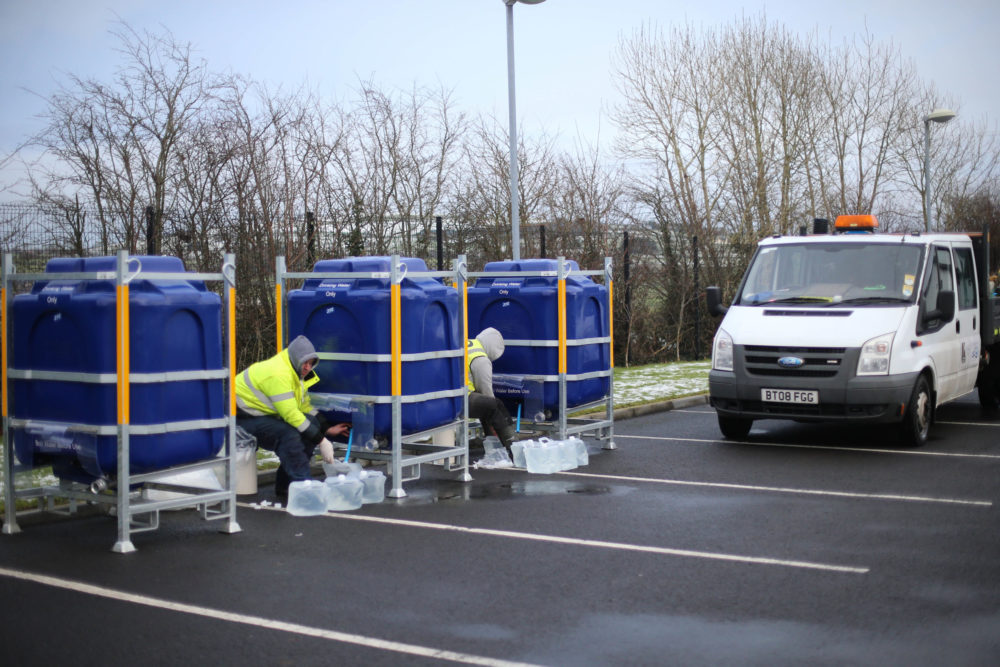Water companies push to increase bills by even more than first planned

Water companies have asked to hike consumer bills by even more than they originally requested, according to figures released by watchdog Ofwat on Tuesday.
The latest requests by water firms would see the average consumer bill in England and Wales rise by 40% between now and 2030, costing £615 per year.
Earlier this year, companies asked Ofwat for bills averaging £585 by 2030, an increase of about one-third from the current average of £439.
Draft review
This summer, the regulator pared back those requests to an average of £535, in its draft price review in July.
But now, after a consultation period, 10 of the 11 water companies have hit back with even higher requests than before.
Many argue that they need to spend more on upgrading their pipes, sewers and reservoirs than originally planned, and therefore need bills to go up too.
Ofwat wrote in an update on Tuesday that this was “mostly to meet the requirements of other regulators like the Environment Agency and Drinking Water Inspectorate”.
But some of the increases are designed to meet “changes to the proposed rate of return for investors”.
Final decision
Ofwat is due to make a final decision on bills increases on December 19, with companies going to the negotiating table with regulators before then.
The regulator wrote: “We will consider this additional expenditure request as part of our final determinations”
The latest string of demands come amid public and political outcry over sewage spills in the privatised water industry, while companies’ investors receive dividends and top executives get bonuses.
A recent performance report by Ofwat showed there has only been a 2% reduction in pollution since 2019 despite firms committing to cutting it by 30%.
Labour has suggested sweeping new laws which could see bosses face up to two years in jail if they obstruct regulators – but so far nothing has come into force.
The biggest proposed rise is by Southern Water, which would see bills for its customers in Sussex, Kent and Hampshire rise by 84% between now and 2030.
Thames Water, the UK’s biggest provider, which is in emergency talks over a £15 billion debt pile and a worsening financial situation, has asked for a 53% rise.
The next biggest hikes are by Severn Trent Water, of 46% to £580, and north Wales provider Hafren Dyfrdwy, of 45% to £568. Dŵr Cymru is seeking a 38% increase to £626.
Only one company, Wessex Water, is not demanding higher bills than first requested.
Support our Nation today
For the price of a cup of coffee a month you can help us create an independent, not-for-profit, national news service for the people of Wales, by the people of Wales.






Obscene, all water companies need to be brought back under public control without compensation to the owners! They have made their money over and over. Also they he upper management of these companies should be arrested on grounds of robbery( of the bill payers) and neglect 😡
I don’t mind paying a reasonable and fair amount for clean water, however we are paying the price for miss deads of the last government and Brexit. River pollution, has finally caught up with water company’s, as the rivers and beaches run with raw sewage and we are expected to pay for the clean up. Restore standards first. Public health first.
£610 per annum by 2030!!!!! I’m paying £650 now!! Dŵr Cymru have just been fined £24m for underperforming so we are having to pay the fine for their incompetence. Once we pay their fine will the bills be reduced?? Oh look…. an elephant just flew past.